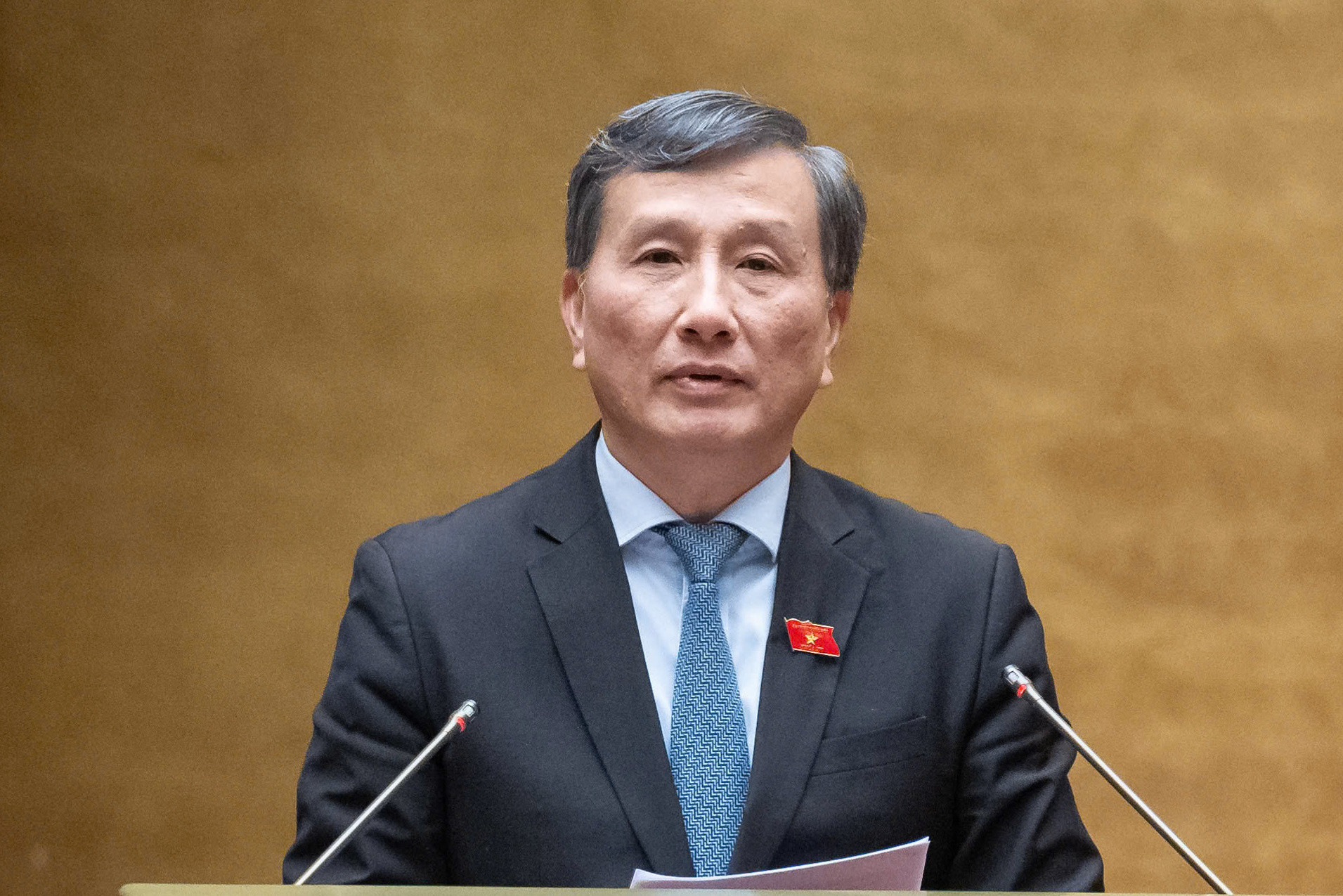Vietnam’s National Assembly has approved a revised Electricity Law focusing on fair pricing, renewable energy oversight, and a phased roadmap to eliminate cross-subsidies.

Le Quang Huy, Chairman of the National Assembly's Science, Technology, and Environment Committee, presents a report during the National Assembly session. (Photo: National Assembly)
The revised Electricity Law, approved by the National Assembly on November 30, introduces significant updates to Vietnam’s energy policy, including a phased approach to ending cross-subsidies in electricity pricing. The law will take effect on February 1, 2025.
The revised law encompasses six main areas: power planning and development; renewable and new energy sources; conditions for electricity operations, including licensing and revocation; electricity trading activities; system management and operation; and safety standards for electricity use and hydropower dams.
The revised law also strengthens oversight for renewable energy, particularly solar and offshore wind power.

Delegates vote to approve the revised Electricity Law during the 15th National Assembly's 8th session. (Photo: National Assembly)
For offshore wind energy, projects are classified into nearshore and offshore categories, with specific regulatory guidelines. Notably, the law prohibits transferring shares or equity in offshore wind projects without meeting strict compliance standards.
The new provisions align with Politburo Resolution No. 55/2020, which advocates for sustainable and well-regulated offshore wind development.
The revised law also outlines a maximum bidding price mechanism, whereby the winning bid price in electricity auctions serves as the ceiling for buyer-investor negotiations. The government will establish detailed guidelines for electricity trading contracts.
Regarding the forward electricity market - a new concept in Vietnam - the law includes only general principles, with further details to be addressed by government regulations following impact assessments.
The revised Electricity Law contains 81 articles, down from 130 in the government’s original draft, but includes 11 new provisions compared to the current law. It aims to modernize Vietnam’s electricity market while addressing the country’s growing energy needs.
Source: VietNamNews